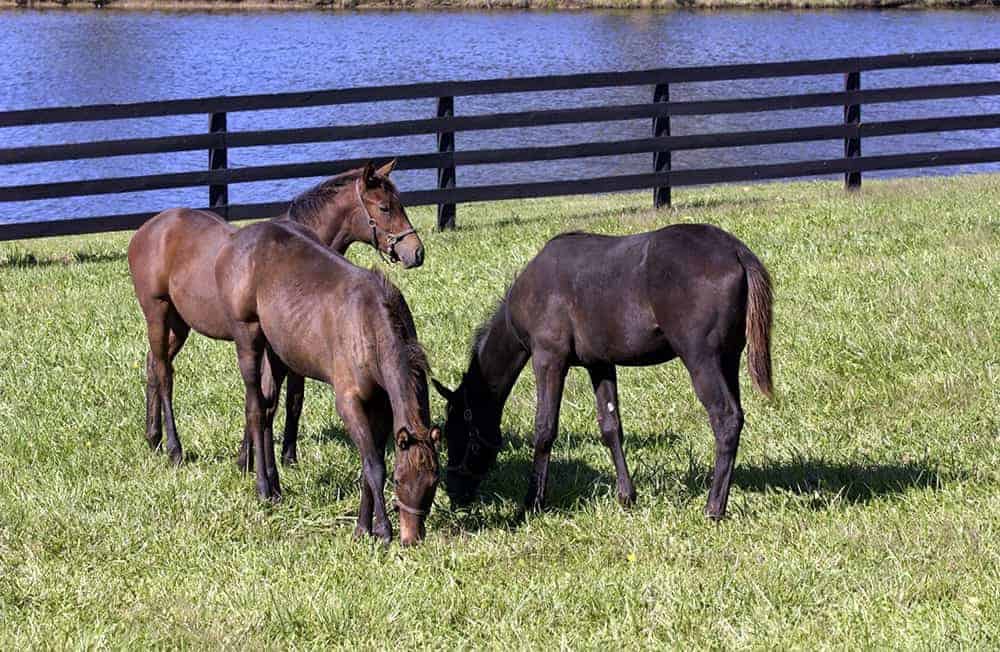Mosquito Control Tips for Horse Owners

Mosquitoes are more than just an annoyance: they’re a disease threat. Manage your property to safeguard your animals (and you).
Mention mosquitoes to most people and you will conjure up clear visions of the annoying little bloodsuckers that leave you itching. But horse owners and those living near humid, swampy areas often are more aware of the fact that mosquitoes pose a significant health threat to both animals and humans. To protect humans from disease-causing pathogens carried by mosquitoes, there are public health officials, researchers, and associations who wage a strategic effort to reduce mosquito populations. For the health and welfare of our horses, it is up to us to put together a plan for reducing mosquitoes on our farms.
Why You Should Care
The University of California Division of Agriculture and Natural Resources has put together a comprehensive resource entitled “Managing Mosquitoes on the Farm,” authored by Sharon Lawler, PhD, and Gregory Lanzaro, PhD, which provides the basics of agricultural mosquito control. (You can access it at https://anrcatalog.ucanr.edu/pdf/8158.pdf.) They point out that mosquitoes can do everything from spread potentially fatal disease to decrease property values and cause labor problems.
According to the American Mosquito Control Association (AMCA), more than 200 of the 2,500 existing species of mosquitoes are active in the United States, so mosquitoes present a real danger. For example, West Nile virus is a significant threat to both humans and horses. West Nile virus is perhaps the most well-known of the encephalitides (encephalomyelitis-causing diseases, or diseases that affect the central nervous system) affecting horses, due to its relatively recent emergence in the United States, but Eastern and Western equine encephalomyelitis viruses (EEE and WEE) are very real threats also
Create a free account with TheHorse.com to view this content.
TheHorse.com is home to thousands of free articles about horse health care. In order to access some of our exclusive free content, you must be signed into TheHorse.com.
Start your free account today!
Already have an account?
and continue reading.
Written by:
Liza Holland
Related Articles
Stay on top of the most recent Horse Health news with















